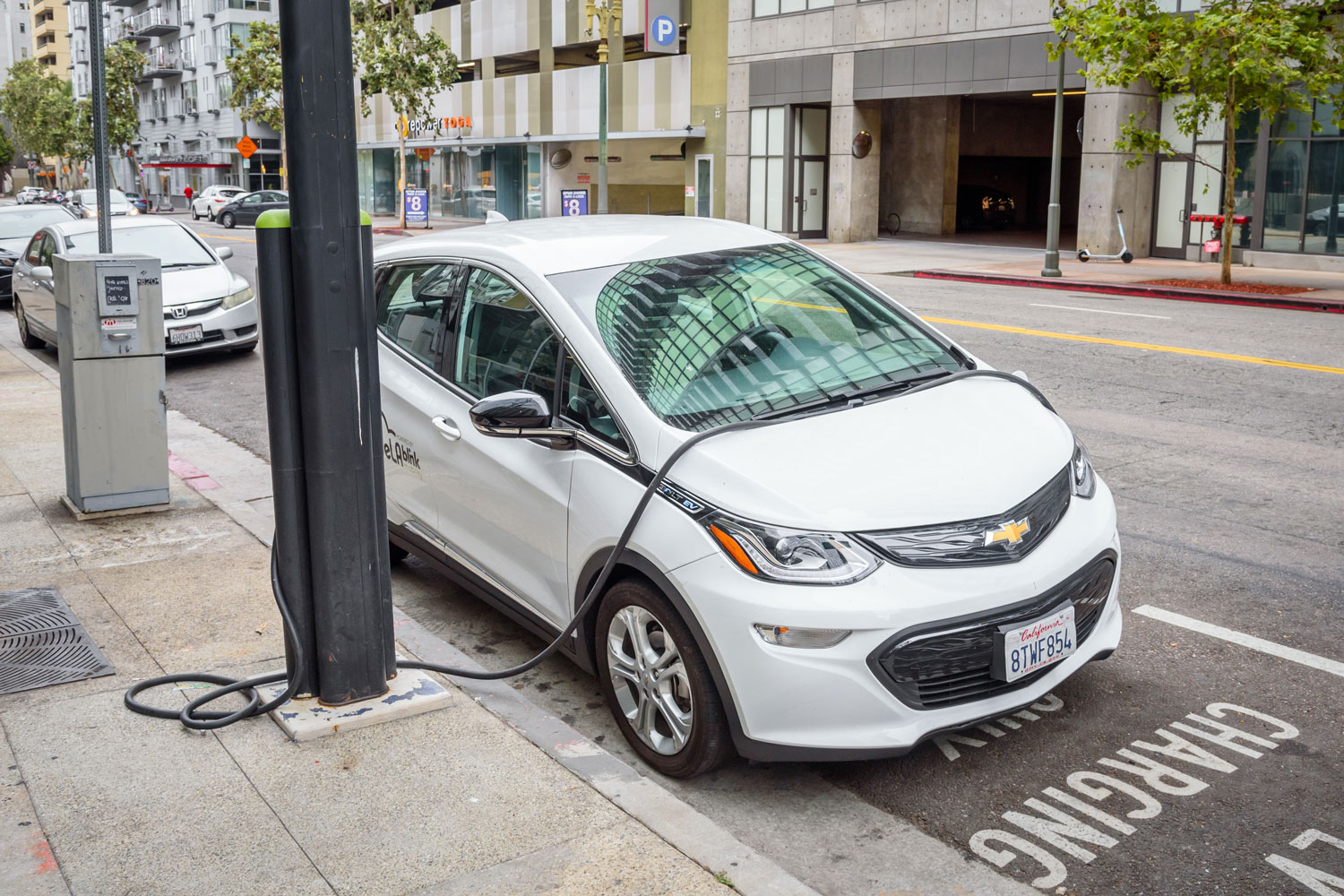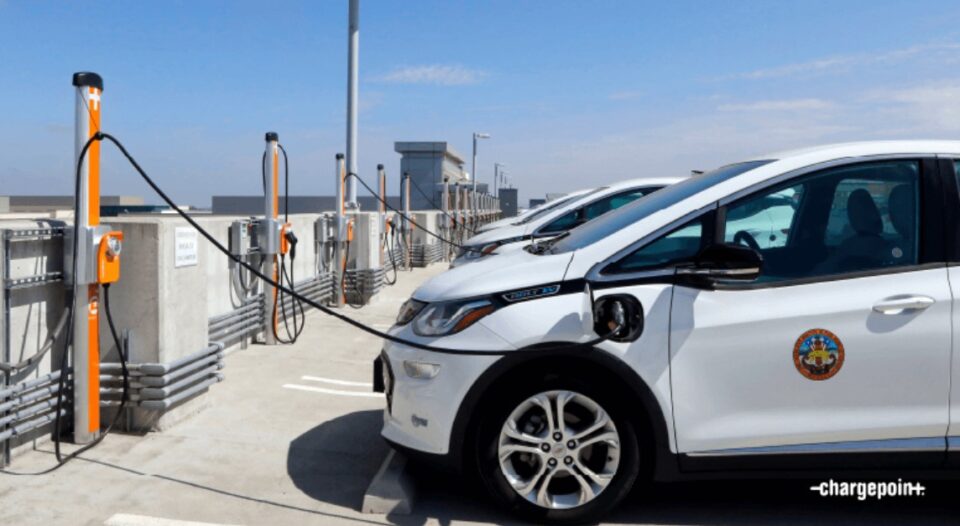Key Innovations in the EV Sector You’ll Find in Today’s Buy EV Charging news
Key Innovations in the EV Sector You’ll Find in Today’s Buy EV Charging news
Blog Article
New Developments in EV Charging: Exactly How the Market Is Advancing to Fulfill Need
As the electrical vehicle (EV) market continues to expand, the charging infrastructure is undertaking considerable makeovers to address the rising demand. The effects of these improvements raise vital concerns concerning the future of EV charging and its role in the broader energy ecological community.
Growth of Billing Infrastructure
The fast development of electric automobile (EV) billing framework is a vital part in facilitating the extensive adoption of electrical flexibility. As governments, private business, and customers significantly recognize the significance of minimizing carbon exhausts, financial investments accountable networks have surged. This facilities growth is vital to reduce range anxiety, making certain that EV users have convenient access to billing stations.
Substantial innovations accountable terminal technology and implementation methods have actually arised. Urban locations are seeing an expansion of public billing stations, while rural regions are gradually being incorporated right into the billing network. In addition, collaborations in between vehicle makers and charging suppliers are coming to be a lot more typical, assisting in the facility of extensive networks that enhance user experience and accessibility.
On top of that, the combination of renewable resource sources into billing stations is gaining energy, promoting sustainability in the EV ecological community. This transition not only sustains ecological objectives yet additionally straightens with the increasing demand for environment-friendly power services amongst consumers.
Ultra-Fast Charging Technologies
Ultra-fast billing innovations represent a considerable leap onward in the EV charging landscape, making it possible for electric lorries to charge in a portion of the time contrasted to conventional charging approaches. These developments typically provide power degrees surpassing 150 kW, with some systems getting to up to 350 kW or more, drastically minimizing billing times to as low as 15-30 mins for a substantial fee.
Trick enabling innovations consist of developments in battery chemistry, power electronic devices, and thermal monitoring systems. For example, high-capacity batteries with enhanced thermal security enable faster charging without overheating. Additionally, advancements accountable infrastructure, such as liquid-cooled cable televisions and modular billing terminals, facilitate efficient power transfer, enhancing the general customer experience
Major auto producers and technology firms are proactively purchasing ultra-fast charging networks, identifying the vital role they play in getting rid of array anxiousness and increasing the fostering of electrical vehicles. As these technologies become much more widely available, the EV market is expected to witness significant growth, making electric mobility a more attractive option for customers. Overall, ultra-fast billing modern technologies are crucial fit the future of lasting transport, leading the way for a much more efficient and substantial billing environment.
Smart Grid Combination

With need action approaches, clever grid systems can readjust charging schedules based on grid conditions and electricity pricing. Throughout periods of high demand, charging can be postponed to off-peak hours, resulting in reduced expenses for consumers and reduced pressure on the grid. In addition, vehicle-to-grid (V2G) modern technologies allow EVs to discharge energy back right into the grid, boosting and offering ancillary solutions grid security.
Integration with eco-friendly power sources further enhances the sustainability of EV billing. By aligning billing activities with durations of high solar or wind generation, smart grids advertise a greener charging infrastructure. Ultimately, clever grid integration not just supports the growing demand for EVs but also adds to a much more resilient and sustainable energy future, placing the sector for long-term success.
Battery Developments
In the middle of the quick evolution of electric vehicles (EVs), battery technologies stand at the leading edge, driving innovations in performance, sustainability, and efficiency. As the demand for EVs rises, scientists and manufacturers are focusing on boosting battery innovations to attend to difficulties such as array anxiousness and charging times.
Lithium-ion batteries remain one of the most commonly made use of technology, yet new materials and chemistries are arising to improve energy density and longevity. Solid-state batteries, for example, promise greater energy storage ability and enhanced safety by changing liquid electrolytes with strong ones. This shift might considerably decrease the risk of fire and enhance the life expectancy of batteries.
Moreover, innovations in battery recycling procedures are essential for sustainability. Companies are developing techniques to recuperate useful materials like lithium, cobalt, and nickel from used batteries, promoting a circular economy and reducing ecological impact.

Worldwide Charging Specifications

Initiatives are underway to establish international billing requirements that facilitate compatibility among different EV designs and charging stations. Organizations such as the International Electrotechnical Payment (IEC) and the Culture of Automotive Engineers (SAE) are working collaboratively with automotive suppliers and power service providers to produce comprehensive guidelines. EV Charging news. These criteria goal to streamline the billing procedure, minimize the requirement for multiple adapters, and improve individual experience
In addition, standardization can dramatically bolster the expansion of the charging network, as it motivates investment by making facilities development a lot more foreseeable and reliable. As the EV market develops, a unified technique to charging criteria will be vital for guaranteeing that consumers can bill their vehicles comfortably and accurately, consequently supporting the more comprehensive transition to lasting transport.
Verdict
The electrical lorry billing industry is undertaking considerable transformation to resolve the surging need for sustainable transportation. Innovations in charging facilities, ultra-fast modern technologies, smart grid combination, and ingenious battery options are critical in boosting customer experience and functional effectiveness.
Urban areas are seeing a proliferation of public charging stations, while rural areas are gradually being incorporated into the charging network. Additionally, growths in charging facilities, such as liquid-cooled cables and modular charging terminals, facilitate effective power transfer, boosting the total user experience.
Overall, ultra-fast billing modern technologies are essential in shaping the future of lasting transport, paving the means for a more reliable and substantial charging environment. - EV Charging news
By lining up billing activities with durations of high solar or wind generation, clever grids advertise a greener charging facilities.Efforts are underway to establish worldwide billing requirements that assist in compatibility amongst various click for more EV models and charging stations.
Report this page